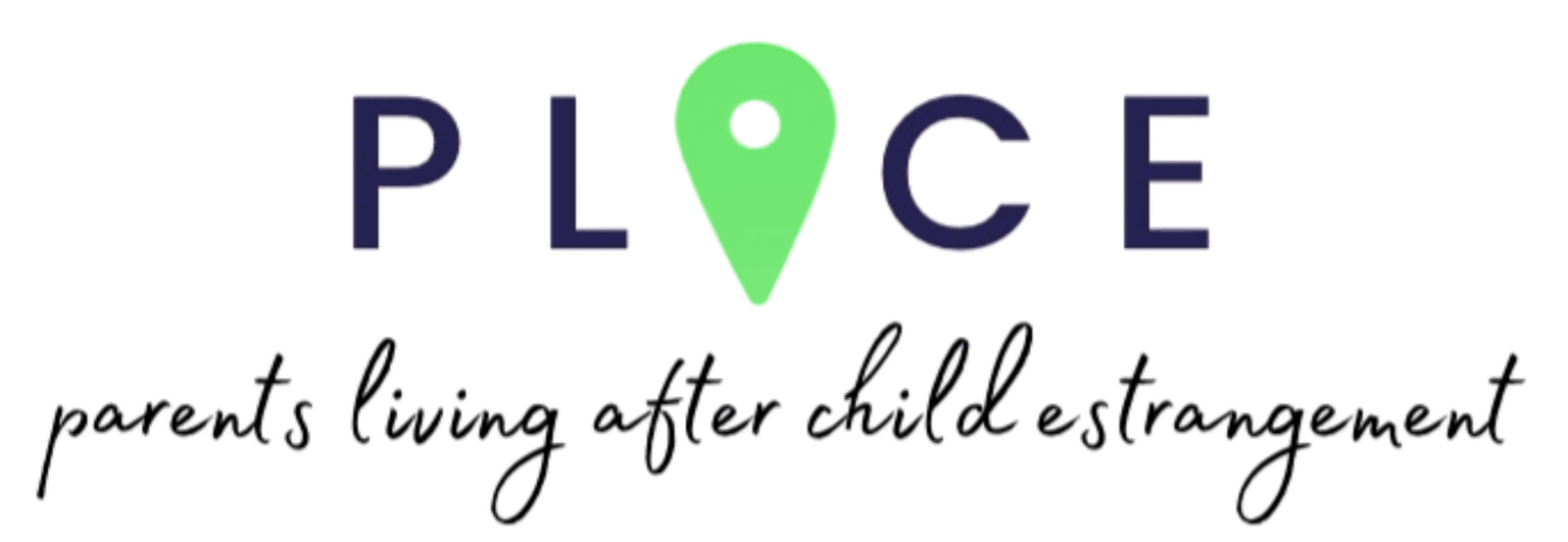By Brian Briscoe, LPC, LMFT
Founder of PLACE
Parents Living After Child Estrangement
Estrangement brings a pain most people don’t understand—until it happens to them.
You haven’t lost your child to death, but in many ways, it still feels like a death. A kind of living ghosting. They’re out there, living life, but you’re not part of it. And that absence carves a deep, aching hole inside you.
If you’re carrying this kind of pain, you’re not “overreacting.”
You’re grieving.
And you deserve the same care and compassion as anyone mourning a loved one.
Let’s talk about the intersection of estrangement and grief, and how grief therapy can be a lifeline in this complicated, painful journey.
What Is Grief Therapy, Really?
Grief therapy is a specialized form of counseling that helps people process loss—not just death, but any loss that affects emotional well-being.
For estranged parents, grief therapy is about:
- Naming the loss (even when others don’t see it)
- Understanding the emotions that come with it—anger, guilt, shame, sadness, and fear
- Reclaiming identity and meaning when your role as a parent has been shaken
- Learning to live with ambiguity while also healing your own heart
You don’t need to “get over it” or “move on.”
But you do need space to make sense of what happened—and discover how you want to live now.
Estrangement Is Ambiguous Loss
Unlike the finality of death, estrangement is ambiguous. There’s no obituary. No memorial. No “permission” to grieve. It’s an ongoing absence, paired with the haunting possibility that something might change—but probably won’t soon.
That ambiguity creates unique challenges:
- You feel guilt for grieving someone who is still alive.
- You question yourself constantly: Should I reach out again? Should I wait? Should I give up?
- Others might invalidate your grief: “Well, at least they’re alive” or “They’ll come back eventually.”
As a therapist and someone who’s worked with hundreds of estranged parents, I’ll say this clearly:
You have permission to grieve. You have the right to seek support. You’re allowed to hurt, even if no one else gets it.
Common Grief Reactions After Estrangement
Here’s what I often hear from the parents I work with:
- “It’s been two years, and I still cry every week.”
- “I replay everything I said—every email, every text—trying to figure out what I did wrong.”
- “I feel ashamed even bringing it up with my friends.”
- “It’s like I’ve lost a part of myself, and I don’t know how to get it back.”
These are normal responses to a devastating experience. In fact, grief from estrangement can lead to:
- Prolonged Grief Disorder
- Anxiety and depression
- Loss of identity and meaning
- Social withdrawal
- Physical symptoms (sleep problems, fatigue, pain)
And while every experience is different, grief therapy can help you process it all.
What Grief Therapy Can Offer Estranged Parents
1. Validation
You’re not “too sensitive.” You’re grieving a rupture in one of the deepest human bonds—parent and child. Therapy gives you a space to be heard, without judgment or advice you didn’t ask for.
2. Clarity
You may not have answers about why estrangement happened—but therapy can help you understand your own story. That includes clarifying boundaries, values, and realistic expectations going forward.
3. Emotional Processing
Grief therapy helps you explore complex emotions—like guilt, anger, betrayal, or shame—and release them in a safe, structured way.
Sometimes, we need to say the hard things out loud:
- “I miss them, but I’m also furious with them.”
- “I don’t know if I want them back if they treated me this way.”
- “I feel like I failed as a parent.”
A trained therapist can help you sit with those truths without being consumed by them.
4. Narrative Repair
Using Narrative Therapy, we can explore the story you’ve told yourself about what happened—and slowly, gently reshape it. You are not the villain. You are not a helpless victim. You are a whole person, worthy of healing.
Therapeutic Approaches That Help
At PLACE, I use an integrative, trauma-informed model that’s built specifically for parents going through estrangement and loss. Here are some of the therapies we use:
- Cognitive Behavioral Therapy (CBT): Identify and shift self-blaming thought patterns.
- Somatic Therapy: Address how grief lives in the body—muscle tension, fatigue, sleep disruptions.
- Mindfulness-Based Therapy: Practice grounding techniques to regulate overwhelming emotion.
- Motivational Interviewing: Build internal motivation for healing and personal growth.
- Eclectic Therapy: A customized blend tailored to your situation and needs.
Support Beyond Therapy
Sometimes therapy isn’t enough. Sometimes what you really need is someone to say,
“Me too.”
That’s why I also offer:
➤ Support Groups for Estranged Parents
Connect with others who’ve lived through this and are working through it now.
➤ One-on-One Estrangement Coaching
For those looking for practical strategies, boundary-setting skills, or support navigating contact or re-contact.
➤ My Book: P.L.A.C.E. for Parents Living After Child Estrangement
A compassionate guidebook filled with real-life examples, exercises, and hope.
How to Know If Grief Therapy Is Right for You
Ask yourself:
- Are you feeling “stuck” in your grief, unable to move forward?
- Do you avoid talking about the estrangement because of shame or fear of judgment?
- Has the loss impacted your mental health, daily functioning, or relationships?
- Do you want to heal—even if reconciliation never happens?
If you said yes to even one of those, grief therapy could offer a safe and powerful place to begin healing.
You Deserve Healing—Whether They Return or Not
I can’t promise your child will come back.
But I can promise that you are still worthy of love, peace, and joy, even if they don’t.
Estrangement is devastating. But it doesn’t have to define you.
Grief therapy can help you rediscover who you are, what you believe, and how you want to live now.
If you’re ready to take the next step, contact me or book a free 15-minute consultation. You don’t have to go through this alone.








